Description
Kunuar is a volume of fifty-two poems framed by the feminist and postcolonial sensibilities of the Portuguese author, Luísa Coelho. In a painful but playful manner she describes her re-discovery, in a post-colonial era, of Luanda, the capital of Angola, the country of her birth. Memory crafts a vivid dialogue between today and yesterday that sheds light on the remains of colonial Luanda’s history. Kunuar, the title of both the book and the concluding poem, refers to the small spots on the street where secondhand clothes are sold to the large penniless population of Luanda. The image of a poor mother distressed because she cannot afford even castoff clothes becomes an icon of the poverty of a city and a country, but her pain is assuaged by the urine of her baby running down her back and warming her. This powerful image points to many others in the collection, in which the recurrent theme of love of mother and child is one of the few sources of hope in the midst of misery and grinding poverty in a post-colonial country that is the second producer of diamonds and petroleum in sub-Saharan Africa. Like this moving and beautiful image, Coelho’s poetic writing offers in a very subtle way an enchanting testimony about the past as well as the current oppressive conditions of Luanda after four centuries of Portuguese colonial order, Angol’s independence in 1975, followed by its intense civil war from 1975 to 2002.
Luísa Coelho, born in Angola, has Portuguese nationality. She holds a B.A. in Germanic Philology from the Classic University of Lisbon, an M.A, in Political Philosophy from the Portuguese Catholic University, and a Ph.D. in Portuguese Studies from the University of Utrecht, Holland. She did postdoctoral work in Post-Colonial Studies in the South Atlantic (Portugal-Angola-Brazil) at the University of Bologna, Italy. She has taught in several countries, including Holland, Austria, France, Brazil, and Angola. Since 2010 she has been teaching Portuguese language, culture, and literature at the Freie Universität and Humboldt Universität in Berlin, Germany.
Her works of fiction include Monique (2007), O canto de amor das baleias (The Love Song of the Whales), 1992; Cavalgar um Raio de Luz (Riding a Beam of Light) 2000; Os espaços do desejo contos eróticos (The Spaces of Desire: Erotic Tales (2004); and, as editor, Intimidades Antologia de contos eróticos femininos portugueses e brasileiros (Intimacies: An Anthology of Portuguese and Brazilian Women’s Erotic Tales), 2005.
Maria do Carmo Eggers de Vasconcelos and Philip Eggers hold Ph.Ds in English and are professors of English at the Borough of Manhattan Community College of the City University of New York. Dr. de Vasconcelos was born in Portugal, grew up in Lourenço Marques (now Maputo), Mozambique, and spent time in Luanda, London, Munich, Paris, Jakarta, Denpasar, and other cities. Along with degrees from the National Conservatory of Lisbon and from the Classic University of Lisbon, where she also completed postgraduate studies in American Culture and Literature, she received certificates in language, literature, art, and philosophy from various other European universities. In New York City, she also trained in conflict resolution, completed studies in gender, race, ethnicity, and sexuality, and earned a Ph.D. from the City University of New York Graduate Center. Previously, with Dr. Dolores Deluise, she translated the novella Monique by Luísa Coelho into English from the Portuguese. Dr. Eggers, a native of Indiana, received his B.A. from Columbia College and his M.A. and Ph.D. in English and Comparative Literature from Columbia University. For eighteen years he was the elected chairperson of the English Department at the Borough of Manhattan Community College. Dr. de Vasconcelos and Dr. Eggers teach a variety of writing and literature courses, including world literature, post-colonial literature, the short story, modern poetry, autobiography and many others. They have published articles, scholarly books, textbooks, and translations. Together they are proficient in a number of European languages. Their careers and destiny brought them together; they are married and enjoy working together and exploring the U.S.A., other countries and cultures.
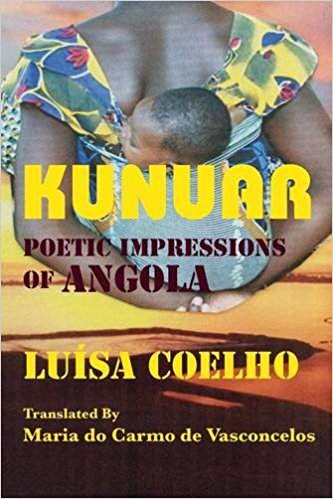
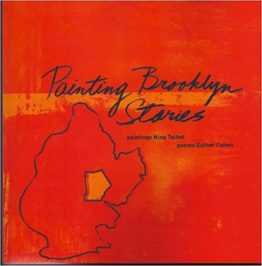
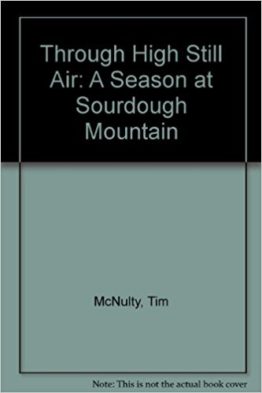

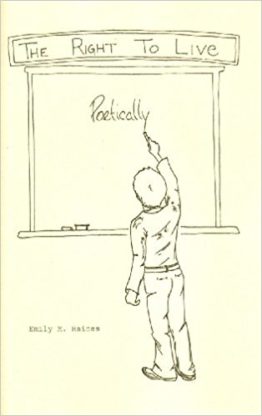
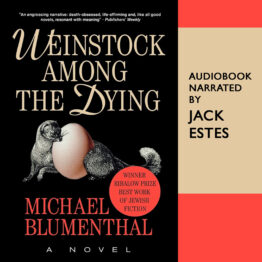
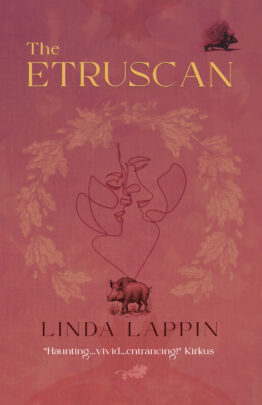

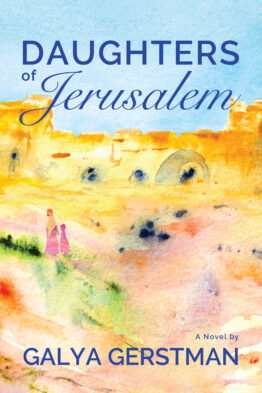
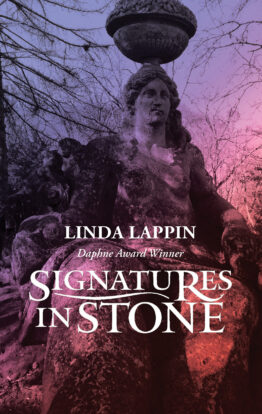
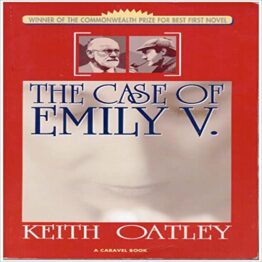
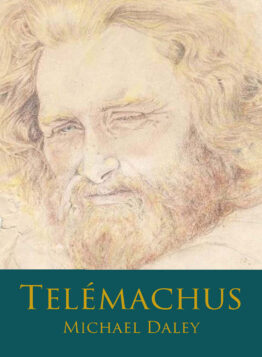
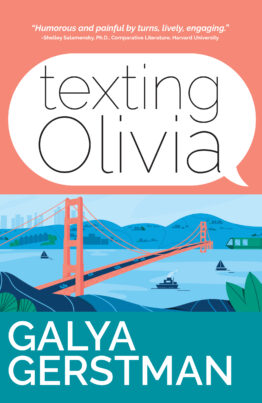


Chris Vinsonhaler –
This poetry bears testament to the power of the voice to name what resists naming. In the intersection of grinding poverty and compassion, the small blossom of hope emerges, to tug at the heart. The poems are simple, evocative, richly textured. The translation is lucid, sensitive, and lyrical. – Chris Vinsonhaler
Francis Elmi –
Kunuar: Poetic Impressions of Angola by Luisa Coelho is beautifully translated by Maria do Carmo de Vasconcelos with Philip Eggers as her Editorial Advisor. Kunuar opens the eyes of the West–in particular the English-speaking world–to the beauty of Angola set against the ugly ravages of colonialism, the war for independence, and civil war. It is this juxtaposition of natural beauty and a wealth of resources with the devastating results of slavery and war–poverty and despair–that makes Kunuar such a moving collage of poetic impressions. Kunuar bears 21st century witness to the prophetic wisdom of T.S. Eliot’s The Waste Land. Like Eliot in The Waste Land, Kunuar dramatizes the paradox of hope and despair in contrasting images and vignettes. In one memorable image, “memory and desire” are mixed: In her haiku-like poem “Mist” Coelho writes, “And suddenly it is as if you were still there/I watch the salt of the sea emerging from your mouth/and the pink of the flamingo in your gaze” (8). Just as Eliot creates an almost universally bleak landscape in The Waste Land, Coelho presents us with the spiritual drought Angolans experienced in Catholicism, as imposed by Portuguese colonialism: “…That the bishop/whetting their appetite with promises/made in mysterious Latin words/and solemn gestures,/at the precise moment when the revolution was to be announced to them, would turn his back on them”(“Pages from the Diary of David Livingstone: Locunda 15th of June 1854 [Corpus Christi]” in Kunuar, 11). A modicum of hope continues to live on in Kunuar despite the spiritual and material desolation–just as it does in The Waste Land: Although “The day always wakes in ashen, . . . . it always leaves us in an immense willingness to begin again” (“The Color of the Days” in Kunuar, 29). Memory, desire, desolation and hope: evocative impressions of an achingly beautiful Angola–exploited and neglected by the First World– await the reader of Luisa Coelho’s Kunuar, so precisely yet subtly translated by Maria do Carmo de Vasconcelos. Through her pioneering translation of Coelho’s Kunuar she has endowed us with the richness of today’s Africa. – Francis Elmi